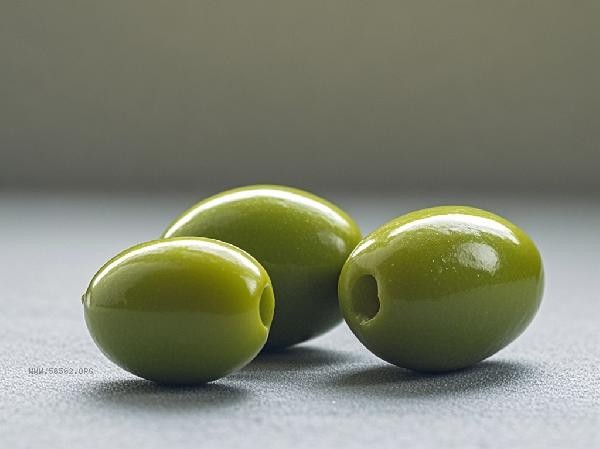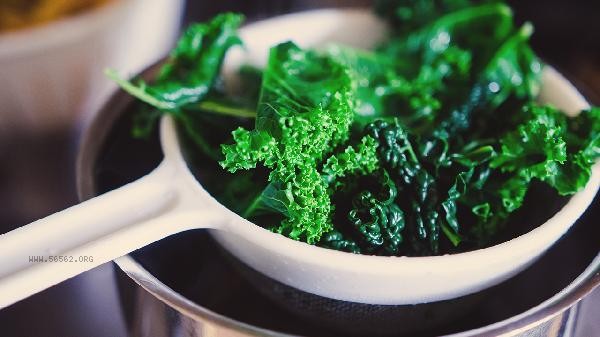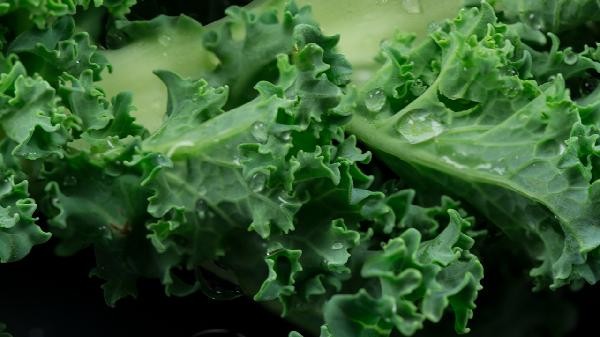Regular consumption of bottled olive vegetables may be harmful to health, and it is recommended to consume them in moderation. Bottled olive vegetables contain a high amount of salt and additives, and long-term excessive intake may increase the risk of hypertension, kidney burden, and other conditions.

Bottled olive vegetables will add a lot of salt in the process of pickling to extend the shelf life. High salt diet will easily lead to the increase of sodium ion concentration in the body, causing water and sodium retention, which may induce hypertension in the long term. Some products may also add food additives such as preservatives and pigments, which may accumulate in the body and affect metabolic function. Olive vegetables themselves have limited nutritional value, mainly providing salty taste and a small amount of dietary fiber, and cannot replace the nutritional value of fresh vegetables.

In special circumstances such as dining out or temporary seasoning, consuming a small amount of bottled olive vegetables has little impact. However, it is important to choose products produced by reputable manufacturers with minimal additives. After opening, they should be refrigerated and consumed as soon as possible. Patients with hypertension, renal insufficiency, pregnant women and other special populations should strictly control their intake and avoid choosing pickled foods containing nitrite. The daily dietary recommendation is to focus on fresh vegetables, and healthy cooking methods such as stir frying and cold mixing can be used instead of pickled dishes.

It is recommended to use bottled olive vegetables as occasional seasoning side dishes, with a recommended consumption of 10-20 grams per serving. Choose fresh leafy vegetables such as mustard and rapeseed in daily life, and preserve more nutrients through steaming, blanching, and other methods. Pay attention to maintaining a diversified diet, consume 300-500 grams of different types of vegetables every day, and promote sodium metabolism through moderate exercise. Develop the habit of regularly monitoring blood pressure and seek medical attention promptly if any abnormalities are found.









Comments (0)
Leave a Comment
No comments yet
Be the first to share your thoughts!